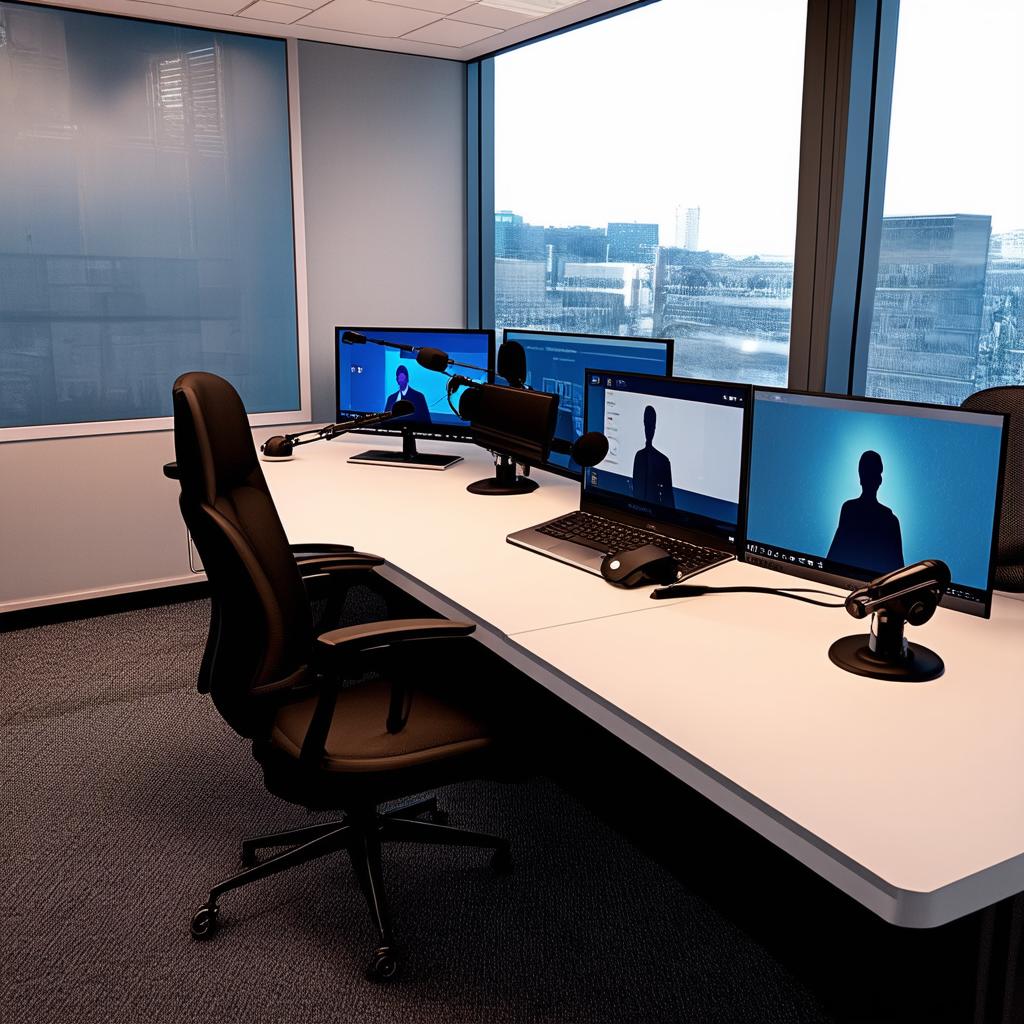Why Would Someone Want to Record a Zoom Meeting?
As video conferencing tools have become increasingly popular in recent years, many people find themselves participating in virtual meetings on platforms like Zoom. While Zoom makes it easy to join and participate in meetings, one question that often arises is whether or not participants can record the meeting if they are not the host. In this article, we will explore the answer to this question and discuss the pros and cons of recording a Zoom meeting as a non-host.
Why Would Someone Want to Record a Zoom Meeting?
There are several reasons why someone might want to record a Zoom meeting, even if they are not the host. For example, participants may want to review the meeting at a later time or share it with others who could not attend. Additionally, recording a meeting can be useful for training purposes or for documenting important decisions made during the meeting.
Pros of Recording a Zoom Meeting as a Non-Host
One of the main benefits of recording a Zoom meeting as a non-host is that it allows participants to review the meeting at their own pace. This can be particularly useful if the meeting was complex or if there were a lot of important decisions made during the session. Additionally, recording a meeting can help participants retain information and improve their understanding of the topics discussed.
Another advantage of recording a Zoom meeting as a non-host is that it allows participants to share the video with others who could not attend the meeting. For example, someone who missed the meeting may be able to catch up by watching the recorded video. Additionally, recording a meeting can be useful for training purposes or for documenting important decisions made during the meeting.
Cons of Recording a Zoom Meeting as a Non-Host
While there are several benefits to recording a Zoom meeting as a non-host, there are also some potential drawbacks to consider. For example, participants may not have the necessary permissions to record a meeting if they are not the host. Additionally, recording a meeting can be time-consuming and may require additional resources such as storage space or bandwidth.
Another potential disadvantage of recording a Zoom meeting as a non-host is that it may be difficult to ensure that the recorded video accurately reflects the events that took place during the meeting. For example, participants may not have access to all of the same information as the host or may have difficulty capturing certain aspects of the meeting such as body language or facial expressions.
Case Studies and Personal Experiences
One common scenario in which people may want to record a Zoom meeting as a non-host is during a training session. For example, a company may conduct a virtual training session on a specific topic using Zoom. After the session, participants may want to review the video and take notes or discuss the material with their colleagues.

Another scenario in which people may want to record a Zoom meeting as a non-host is during a meeting that involves multiple stakeholders or decision-makers. For example, a group of executives may meet via Zoom to discuss a complex project or make important business decisions. After the meeting, participants may want to review the video and provide feedback on the discussion or identify areas for improvement.



